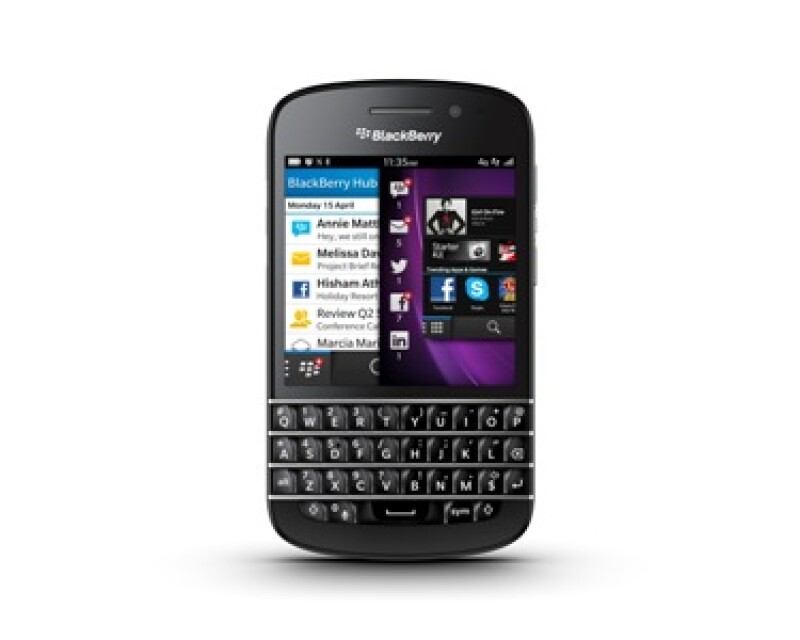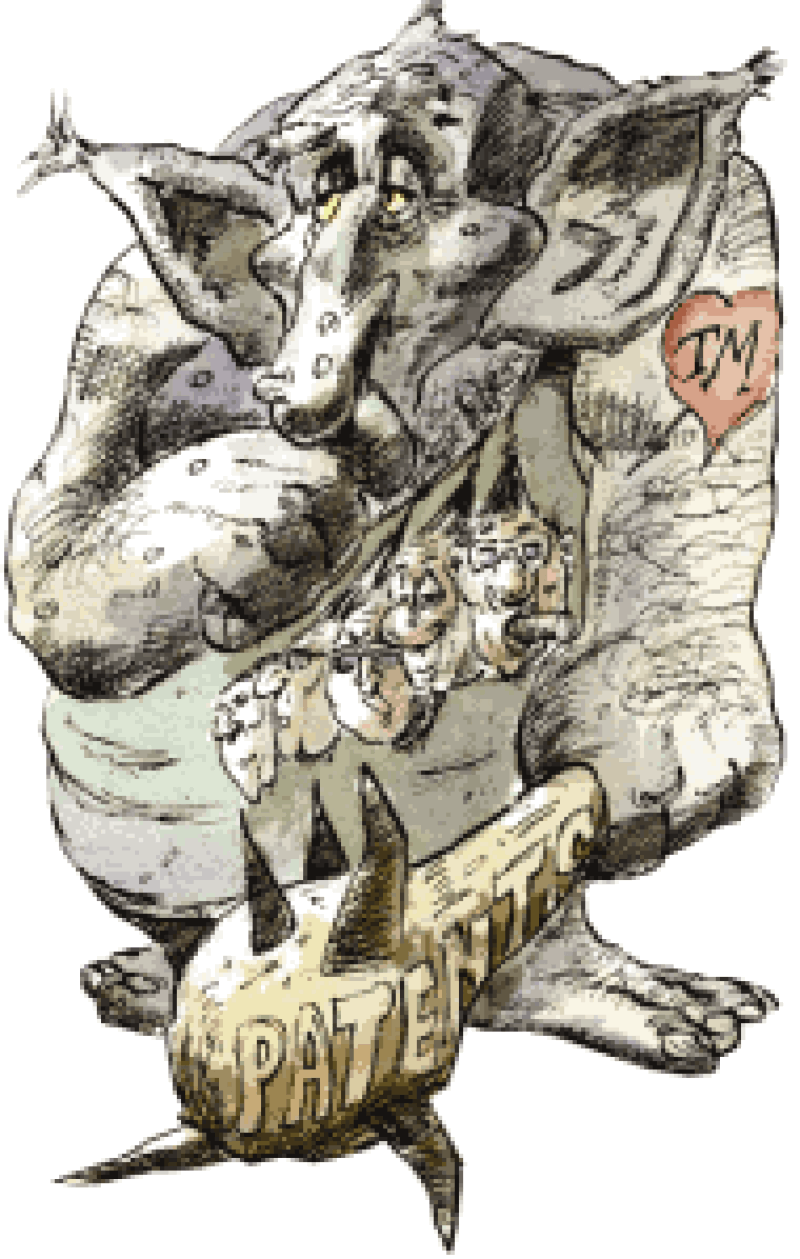
The motto of the city of Waterloo, Ontario is “stability”. Unfortunately, that seems to be a distant hope for the city’s biggest employer BlackBerry. The company this week said that, in the face of falling numbers of users, revenues and profits, it was “exploring strategic alternatives” including a possible sale.
Maulin Shah and S Farhan Mustafa of Envision IP offer a solution to its woes: “BlackBerry should leverage patent portfolio in seeking strategic options”. They calculate that the company owns more than 3,600 US patents, and applied for 1,344 in 2011 alone, more than either Google/Motorola Mobility or Nokia. They also predict that the company will explore its patent licensing and enforcement options: “While a sale in-part or whole of its patent portfolio may be an option, we believe that aggressive licensing and monetization may provide for a beneficial long-term revenue model for BlackBerry.”
In other words, BlackBerry could become a patent troll.
The irony of this is that the company (then called Research in Motion) was among the first and most famous victims of trolls when it was sued by NTP in a dispute that began in 2002. Facing the prospect of an injunction that could have shut down its entire US network (this was in the days when every US politician, business leader and lawyer came with a BlackBerry surgically attached), the Canadian company settled for a whopping $612.5 million in 2006. (To add insult to injury, some NTP patents were later invalidated.)
The next few months will reveal what becomes of BlackBerry and its extensive patent portfolio, but the Shah/Mustafa solution makes sense in the light of recent developments at Microsoft and Nokia. The former has trumpeted the patent licensing deals it has signed with Android manufacturers, and one recent estimate by Alex Wilhelm on The Next Web suggests that by 2017 Microsoft could be making $3.375 billion a year from Android licensing (beware: there are lots of numbers in here). As Wilhelm says: “We can all but score [this income] as profit”. (Another estimate suggests those figures are on the conservative side, arguing that revenues could reach as much as $8.8 billion by 2017.)

Meanwhile, Nokia’s licensing revenues continue to grow, even as sales of its handsets fall. In a quarterly update in April, chief financial officer Timo Ihamuotila said it would earn $650 million this year from licensing its estimated 10,000 patent families (many of which cover fundamental mobile telecoms technologies) and other IP rights to manufacturers such as Apple, which is believed to pay Nokia a substantial royalty on the sale of every iPhone. Nokia chief executive Stephen Elop added that new vendors were creating “significant opportunities” for further growth. Following the company’s half-year report last month, Seeking Alpha estimated that “Nokia is expected [to] generate between $800 million and $1.5 billion in patent license fees and royalty payments annually”.
In the light of recent debates, it would be easy to think that what is or is not a patent troll is always clear. But of course there is, and always has been, a spectrum of patent strategies ranging from pure manufacturers with no IP licensing at one extreme to companies who manufacture nothing but only license at the other. Companies such as IBM, Google, Apple, Microsoft, Nokia and BlackBerry all sit at slightly different points on this spectrum. And some of them are clearly moving towards the troll end.









